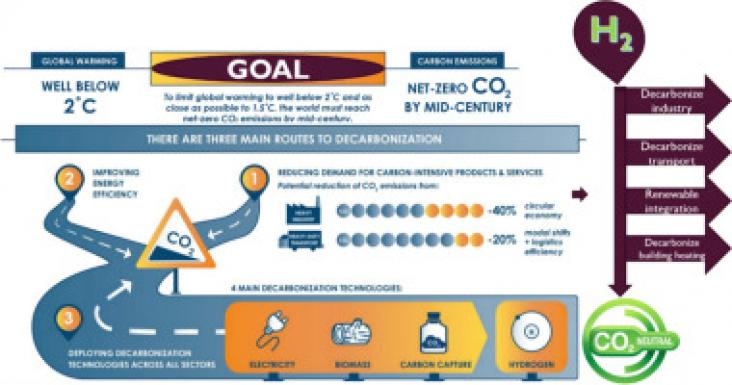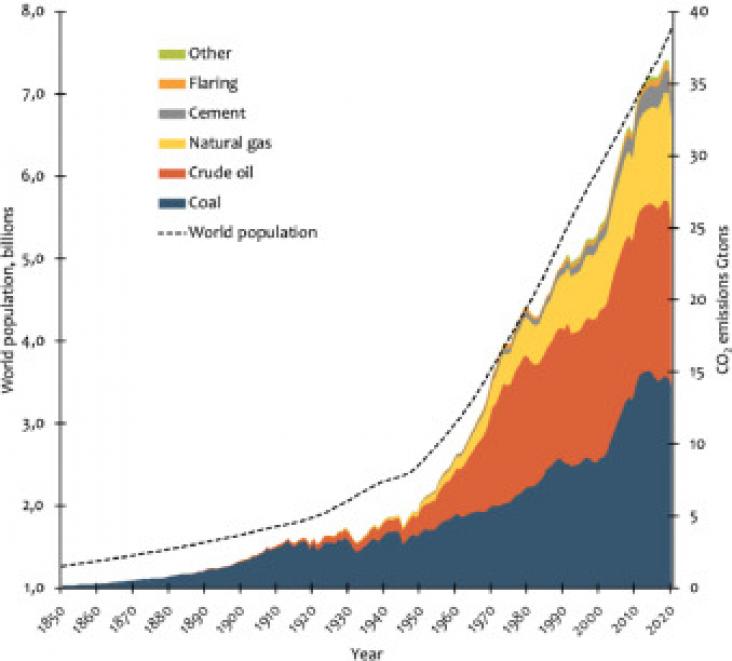This article supports SDG 15 through its review of ecologically-based farming systems.
Ticks: Biology, Ecology, and Diseases, 2023, Pages 193-215
This chapter advances the UN SDG Goal 3: Good Health by covering the range of approaches to the control of tick and tick-borne diseases.
The article is related to SDG 13 and investigates the use of carbon neutral sources, such as biowaste, in the conversion to biooil. Catalytic liquefaction of various organic waste (mandarin peel, coffee grounds and cocoa shell) to synthesize an oil which can be used as a sustainable fuel is described.

A rapid switch from non-renewable carbon-based sources of energy to clean and low-carbon sources of energy is required to accomplish ambitious carbon neutrality goals. The prospects of hydrogen in achieving net-zero emissions by 2050 are promising, but the article describes the challenges and uncertainties that need to be addressed.
This paper is about how cultural values predict levels of climate complacency, or a relative lack of concern about climate change across different nations.

The articles supports SDG 13 and gives a realistic look at CO2 emissions, average temperature increases, and the role of developing and implementing sustainable technologies in solving the climate problems
This study aimed to to examine the associations between dietary nutrient density and climate impact and MI and stroke HRs, thereby investigating the co-benefits and trade-offs between nutrition, dietary climate impact, and cardiovascular health, within a population-based prospective cohort in northern Sweden. Importantly, the results indicate an association between lower dietary climate impact and higher MI HRs for men, both when nutrient density was below median values and when nutrient density was not considered. For women, there was no significant association between dietary climate impact and MI HR, although a trend similar to that for men was noted when nutrient density was below median values. Furthermore, no association between nutrient density and MI or stroke HRs was observed, except for a protective effect against stroke among women with higher nutrient density when nutrient density was analyzed without considering climate impact.
This article supports SDGs 13, 15 and SDG 11 by exploring the utilization of soil microbe based desertification management practices and highlighting emerging technologies in the field. It discusses the policy implications and strategies that can support
Geopolitical applications of negative emissions and solar geoengineering technologies.
This article advances SDG # 3, 5, 7, 10, 11, and 13 by measuring the strong relationship between air pollution and adverse pregnancy outcomes including low birth weight and preterm birth. It shows that fossil-fuel based pollution has serious health consequences, mitigation of which could have immediate health benefits, particularly in high-pollution environments. T
